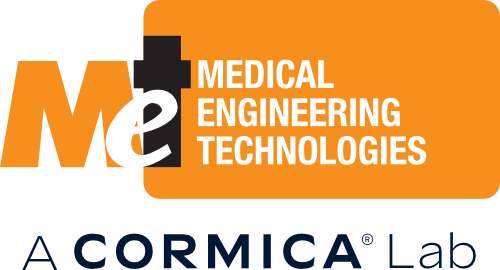Needle-Free Injection Systems: An Updated Overview
Needle-free injection systems (NFIS) are a wide range medical devices that deliver medication or vaccines into the body without the use of a needle. NFISs use novel ways to directly transfer medicine through the skin without piercing it, they can also be used to deliver medication directly into muscle tissue. These systems use different mechanisms, such as high pressure, gas propulsion or electric currents to deliver the medication.
The main advantages of NFIS stem from the absence of a needle. Needle phobia is highly common in patients and leads them to miss vaccinations. Using a NFIS, could alleviate some of this fear. There is also a reduce risk of needle sick injuries to health care providers, this improves workplace safety. NFIS injections are generally less painful and provide less discomfort to the patient giving greater patient satisfaction and compliance.
In regard to the disadvantages of NFIS, they are generally much more expensive than the standard syringe and needle and have limitations on which medicines and vaccines can be administered as well as higher volumes.
There are some examples were NFIS are not the most suitable method of injecting into the body. In October 2021, the U.S. Food and Drug Administration (FDA) issued a warning to the public and health care professionals in regard to using NFIS with lip or facial fillers such as Hyaluronic Acid. Some of the complications seen from using NFIS and fillers include bleeding and / or bruising, infection, scarring, allergic reactions, and skin discolouration. The reasoning behind these associated risks is from the lack of control over the precise location of where the product is placed.
The recently published ISO 21649:2023 Needle-free Injection Systems for Medical Use supersedes the previous version of the standard (ISO 21649:2006) and is an extensive update bringing it into line with the approach and requirements of the ISO 11608 series.
The latest update to the ISO 11608 series included a risk-based approach to specifications and testing and there is now a standardised approach to the design and testing of both needle injection systems (NIS) and NFISs. Several new testing requirements, such as damp heat, dust and intrusion, transport and lifetime testing where also added in this update. A brand-new addition to ISO 21649:2023 details the requirements for mass vaccinations and aims to reduce potential cross contamination with reusable devices. There are also additional criteria to ensure the robustness of the devices for long-term repetitive use.
